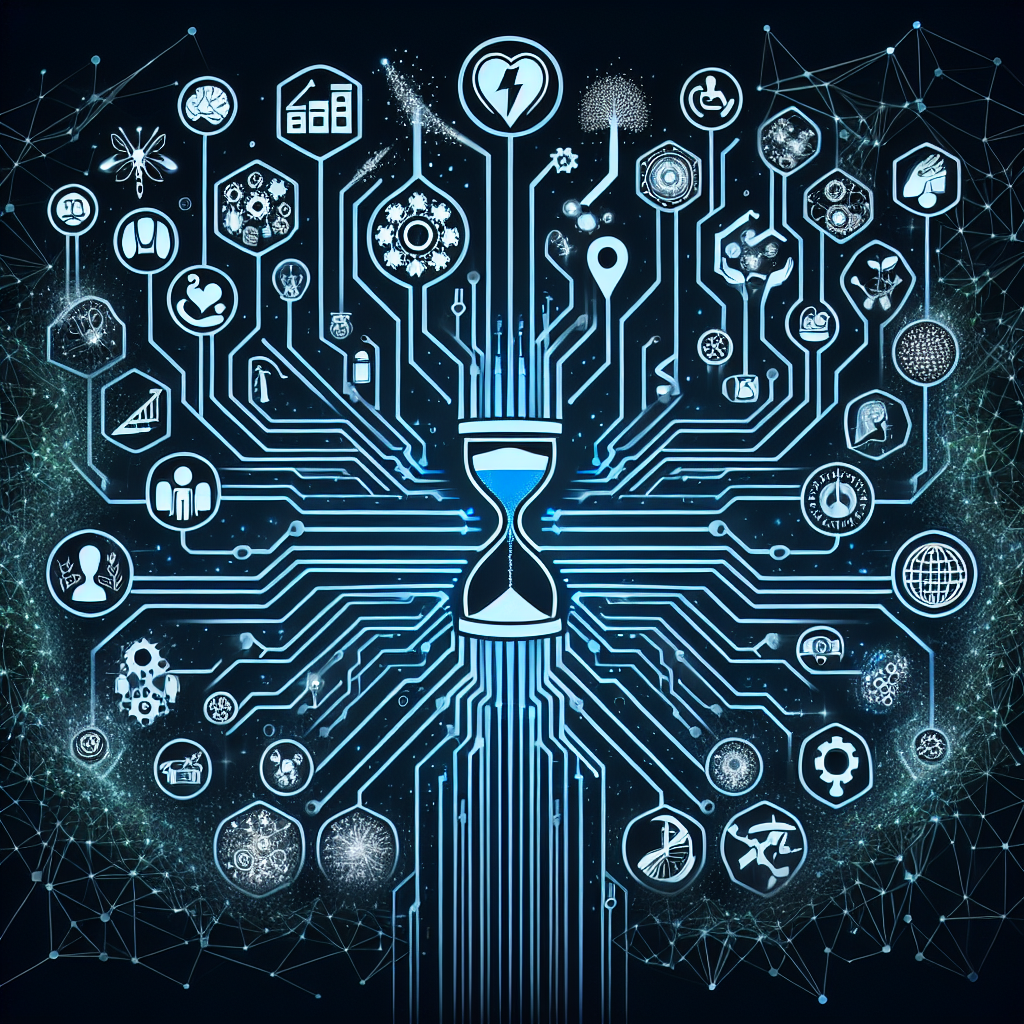Artificial General Intelligence (AGI) is a type of artificial intelligence that possesses the ability to understand, learn, and apply knowledge in a manner similar to human intelligence. While most current AI systems are specialized in specific tasks, AGI is designed to be capable of performing any intellectual task that a human can do. This revolutionary technology has the potential to transform industries and society as a whole in profound ways.
AGI has the potential to revolutionize industries by automating complex tasks that were previously thought to be beyond the capabilities of machines. From healthcare to finance to transportation, AGI can optimize processes, improve efficiency, and drive innovation. In healthcare, for example, AGI can assist doctors in diagnosing diseases, analyzing medical images, and creating personalized treatment plans. In finance, AGI can analyze vast amounts of data to identify trends and make investment decisions. In transportation, AGI can optimize traffic flow, reduce accidents, and improve the efficiency of logistics operations.
AGI can also transform society by creating new opportunities for human creativity and collaboration. By automating routine tasks, AGI can free up human workers to focus on more complex and strategic activities. This can lead to increased productivity, higher job satisfaction, and a more dynamic and innovative economy. AGI can also help address some of the biggest challenges facing society, such as climate change, poverty, and healthcare disparities. By leveraging the power of AGI, we can develop new solutions to these complex problems and create a more sustainable and equitable world.
One of the key benefits of AGI is its ability to learn and adapt to new situations. Unlike traditional AI systems, which are programmed to perform specific tasks, AGI can learn from experience, reason about complex problems, and make decisions in real-time. This makes AGI highly flexible and versatile, enabling it to address a wide range of challenges across different industries and domains.
While the potential benefits of AGI are vast, there are also significant challenges and risks associated with this technology. One of the main concerns is the impact of AGI on the job market. As AGI becomes more advanced, there is a risk that it could automate a large number of jobs, leading to widespread unemployment and economic disruption. It is crucial for policymakers, businesses, and society as a whole to develop strategies to ensure that the benefits of AGI are shared equitably and that workers are prepared for the changes that this technology will bring.
Another concern is the ethical implications of AGI. As AGI becomes more sophisticated, there is a risk that it could make decisions that are harmful or biased. It is essential to develop robust ethical guidelines and regulatory frameworks to ensure that AGI is used responsibly and in the best interests of society. This includes addressing issues such as privacy, security, transparency, and accountability.
Despite these challenges, the potential of AGI to revolutionize industries and transform society is immense. By harnessing the power of AGI, we can unlock new opportunities for innovation, collaboration, and growth. AGI has the potential to drive economic prosperity, improve quality of life, and address some of the most pressing challenges facing humanity. As we continue to develop and deploy AGI, it is essential to do so in a responsible and ethical manner to ensure that the benefits of this technology are realized for all.
FAQs:
Q: What is the difference between AGI and other forms of AI?
A: AGI is designed to be capable of performing any intellectual task that a human can do, while other forms of AI are specialized in specific tasks.
Q: What industries are most likely to be impacted by AGI?
A: Industries such as healthcare, finance, transportation, and manufacturing are likely to be most impacted by AGI.
Q: What are the potential risks of AGI?
A: Risks associated with AGI include job displacement, ethical concerns, and security risks.
Q: How can we ensure that AGI is used responsibly?
A: By developing ethical guidelines, regulatory frameworks, and transparency measures, we can ensure that AGI is used responsibly and in the best interests of society.

